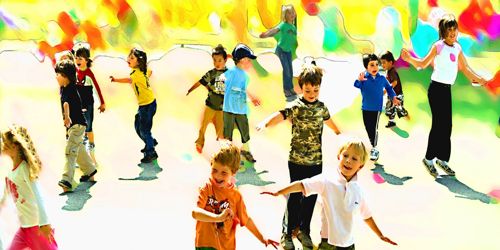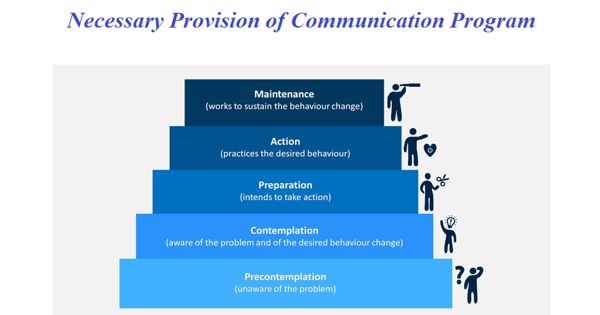Socialization is a learning process that begins shortly after birth. It is the means by which human infants begin to acquire the skills necessary to perform as functioning members of their society. It is an important process in child development. Early childhood is the period of the most intense and the most crucial socialization. It is important in the process of personality formation. It is then that we acquire language and learn the fundamentals of our culture. It is also when much of our personality takes shape.
However, we continue to be socialized throughout our lives. Successful socialization can result in uniformity within a society. As we age, we enter new statuses and need to learn the appropriate roles for them. We also have experiences that teach us lessons and potentially lead us to alter our expectations, beliefs, and personality. For instance, the experience of being raped is likely to cause a woman to be distrustful of others. How children are disciplined, how they respond to this discipline, and how they develop independent behavior are all connected to the process in which socialization occurs.
All children go through definitive phases of social development. Looking around the world, we see that different cultures use different techniques to socialize their children. There are two broad types of teaching methods–formal and informal. Formal education is what primarily happens in a classroom. It usually is structured, controlled, and directed primarily by adult teachers who are professional “knowers.” In contrast, informal education can occur anywhere. It involves imitation of what others do and says as well as experimentation and repetitive practice of basic skills. This is what happens when children role-play adult interactions in their games.
Most of the crucial early socialization throughout the world is done informally under the supervision of women and girls. Initially, mothers and their female relatives are primarily responsible for socialization. Later, when children enter the lower school grades, they are usually under the control of women teachers. In North America and some other industrialized nations, babysitters are most often teenage girls who live in the neighborhood. In other societies, they are likely to be older sisters or grandmothers.
Information Source:
















